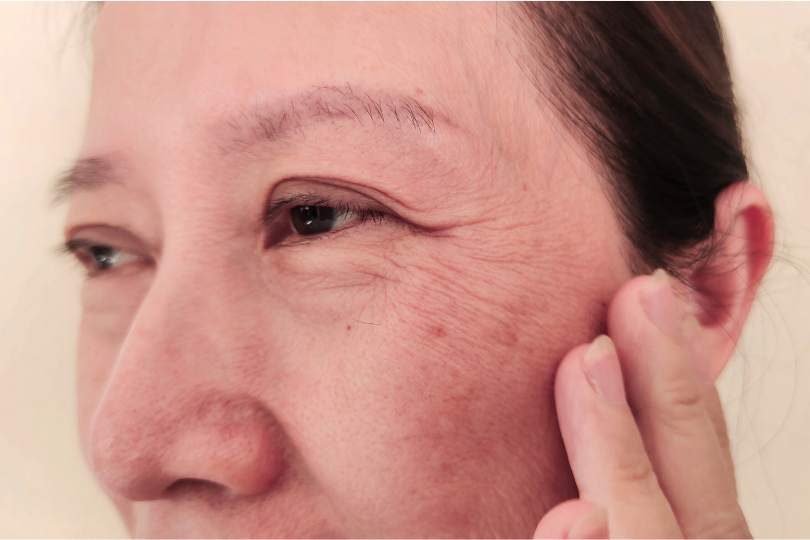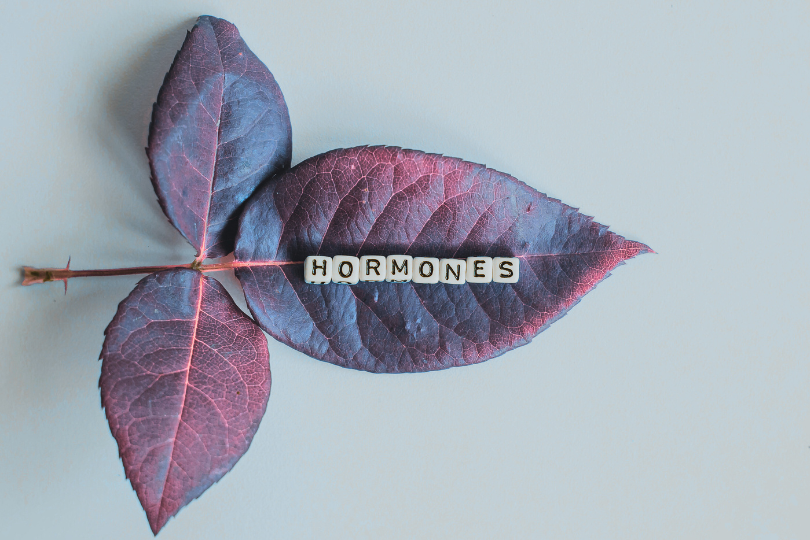Polycystic Ovary Syndrome (PCOS) can make the journey to conception more challenging, but pregnancy is absolutely possible. Understanding the symptoms of PCOS in females and how they affect fertility is key. PCOS presents itself differently in every woman, affecting ovulation, egg quality, and uterine health (or womb health) in various ways. With the right approach—whether through lifestyle changes, tracking, or medical support—there is much that can be done.
Ovulation is when your ovary releases a mature egg, ready for fertilisation. In PCOS, irregular periods almost always indicate irregular ovulation. However, even if you experience monthly bleeding, it doesn’t guarantee that ovulation has occurred. These are called anovulatory cycles, where your body goes through the motions of a period without releasing an egg.
Why This Matters:
No ovulation means no egg is available for sperm to fertilise, making conception impossible during that cycle.
Hormonal Differences in PCOS:
Women with PCOS often have higher baseline levels of luteinising hormone (LH), a hormone responsible for triggering ovulation. This can make standard ovulation predictor kits (OPKs) less reliable, as they may falsely indicate an LH surge.
What You Can Do:
Egg quality refers to how viable the egg is for fertilisation and healthy embryo development. In PCOS, the hormonal environment—including high androgens (male hormones) and insulin resistance—can negatively impact egg health.
Why This Matters:
Poor egg quality can make fertilisation more difficult. It may also increase the likelihood of miscarriage.
What You Can Do:
A healthy uterine lining is essential for embryo implantation and pregnancy. In PCOS, hormonal imbalances may lead to luteal phase deficiency, where insufficient progesterone results in a thin or unstable uterine lining. A pelvic ultrasound scan in the later part of your menstrual cycle will tell you about the thickness of your lining.
Why This Matters:
A poorly prepared uterine lining can reduce the likelihood of successful implantation.
What You Can Do:
Looking for dedicated support to get pregnant with PCOS? Check out Taylor'sConceiving with PCOS programme designed to address the gaps in fertility specific to PCOS women.
Many women with PCOS are prescribed birth control to regulate their periods. While effective at managing symptoms, stopping birth control to conceive often means that your periods can take several months to return. During this time, ovulation may remain irregular.
What You Can Do:
If lifestyle adjustments and tracking don’t lead to pregnancy, medical options are available:
While these treatments are effective, they may carry risks like ovarian hyperstimulation or multiple pregnancies. Consulting a doctor ensures you understand the benefits and risks for your situation.
PCOS affects everyone differently—some women may have trouble ovulating, while others might face challenges with egg quality or uterine health. Understanding your unique hormonal profile through comprehensive tests (see Taylor's Polycystic Ovarian Syndrome screening) is a crucial first step in creating a plan that’s right for you.
Lifestyle changes can make a big difference, whether you're just starting out or are already undergoing medical treatments. Improving egg quality and regulating cycles can boost your chances of success, no matter where you are in your journey.
If you’re trying to conceive with PCOS, reach out to a doctor to develop a plan based on your particular PCOS makeup and fertility goals. Taylor's Conceiving with PCOS service is a 3-month programme that you can consider. Whether it’s through lifestyle changes, cycle tracking, or advanced treatments, every step gets you closer to a healthy pregnancy.



If your routine suddenly feels out of step, it’s not your products, it’s your hormones. As estrogen begins to fall, the signals that keep skin strong and hydrated weaken. Dryness, breakouts, pigmentation, and slower healing start to appear, even with the same products you’ve always used. The good news: you can adapt. With smart everyday care (SPF, hydration, retinoids, vitamin C), lifestyle support (nutrition, sleep, stress), and medical options when needed (prescription treatments or hormone therapy), your skin can stay strong and healthy well into your 40s, 50s, and beyond.

Menopause isn’t just the end of periods. It’s the start of a new phase where lower estrogen levels can affect your bones, heart, brain, skin, and more. This guide breaks down what’s happening in your body and what you can do to stay strong and well after menopause.

No one talks about it, but perimenopause can hit in your 30s or 40s, and it’s not just about your period. Think brain fog, poor sleep, low libido. Here’s what to look out for and what you can do.